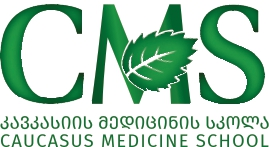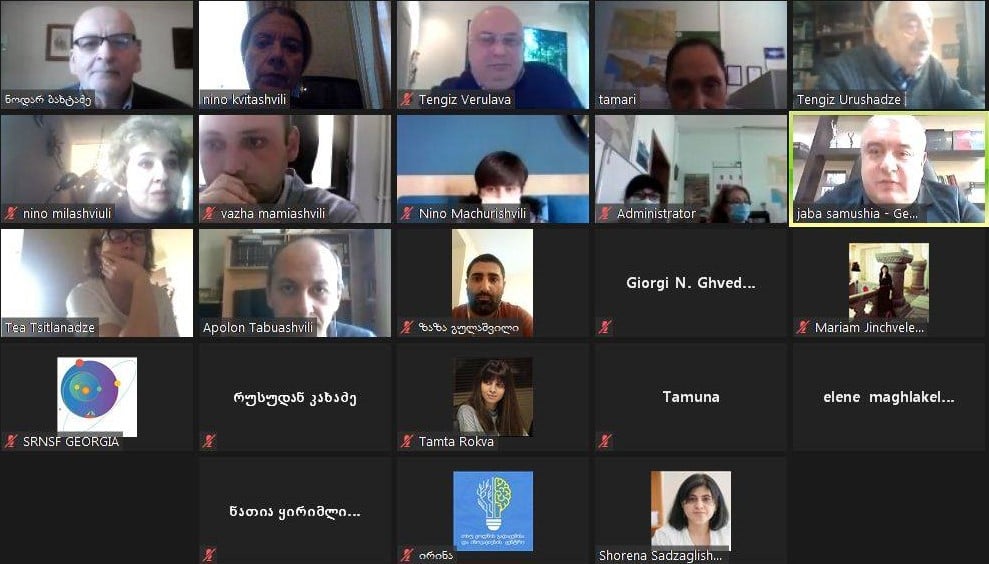On November 24, the Ministry of Education, Science, Culture and Sports of Georgia and the Shota Rustaveli National Science Foundation of Georgia organized an online conference "Presentation of new publications funded by the Foundation - current research in various scientific fields" under the auspices of the European Researchers' Night project "CAPTAIN - Science is the Captain".
The event was held within the framework of the 2019 Publishing State Scientific Grants Competition.
The conference featured the presentation of the book "Health Policy Challenges to the Organizational and Financial Perspective of Medical Services in Georgia" by Health Economist, Doctor of Medicine, Professor Tengiz Verulava.
The book was published with the Shota Rustaveli National Science Foundation state grant (SP-19-203).
The book discusses current issues facing the Georgian healthcare sector, such as: health as a right or privilege; Health, human capital and economic growth; Peculiarities of market relations in the health sector; Challenges of the Georgian healthcare system; Health expenditures in Georgia, reasons for its growth and mechanisms of restraint; Primary health care development problems; Problems with the development of long-term medical services (home care); Challenges of the state program of universal health care and features of a competitive insurance system, a model of managed competition; The role of private health insurance in the universal health care program; World experience in universal healthcare; Problems of development of non-profit hospitals in Georgia; Public-private partnership model - an innovative form of ownership in healthcare; Primary health care financing methods; Peculiarities of financing hospitals with global budget and diagnostic teams (DRG); Access to medical services; Human resource problems in the health sector; Medical tourism problem specifics and recommendations.
Georgia's healthcare system faces many challenges. Although the introduction of the state program of universal healthcare has increased the financial availability of the population, a large share of out-of-pocket payments for healthcare, inadequate development of primary healthcare, lack of effective coexistence of state and private insurance programs, inefficiency of various forms of ownership of medical organizations; the need to introduce based funding methods and the introduction of selective contracting mechanisms, unequal distribution of medical staff (surplus of doctors, shortage of nurses) and low pay, lack of protection of their rights.
The aim of the book is to identify the problems facing the Georgian healthcare system in the light of international experience and trends and to outline ways to solve them.
The book is intended for specialists in health policy, health administration and health economics, health sociology, as well as for a wide range of readers interested in health issues.




